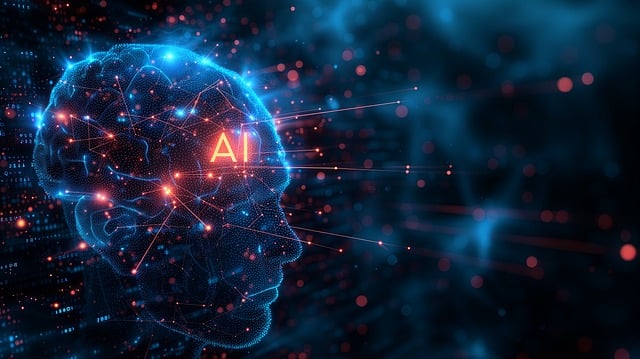Table of Content
Introduction
Healthcare is evolving rapidly, and artificial intelligence (AI) is right at the heart of this transformation. From assisting doctors in diagnosing diseases earlier to crafting personalized treatment plans for individual patients, AI is doing what once seemed impossible.
Think about it: what if your doctor could detect a life-threatening illness before you even felt symptoms? Or if your medications were designed specifically for your DNA? That’s the power AI is bringing to modern medicine.
In this blog, we’ll walk you through how AI is being used in real-life healthcare settings, the benefits it brings, the challenges we need to be mindful of, and what the future may look like.
Why AI is a Game-Changer in Healthcare
AI is not here to replace doctors—it’s here to support them, help reduce errors, and make the entire healthcare process more efficient and effective.
Some of the most promising ways AI is making a difference include:
- Rapid analysis of medical images like MRIs and CT scans
- Predicting potential health risks before they become serious issues
- Automating repetitive tasks like data entry and scheduling so healthcare providers can focus more on patient care
AI’s ability to work with huge amounts of data, spot patterns, and offer actionable insights makes it one of the most powerful tools in medicine today.
Applications of AI in Diagnosis
Medical Imaging and Radiology
Diagnosing conditions through medical images is time-consuming and can be prone to human error. AI helps radiologists by quickly and accurately identifying issues like tumors, internal injuries, or diseases such as pneumonia.
Pathology and Lab Testing
AI algorithms can analyze lab results or biopsy samples with impressive accuracy, helping pathologists make faster, more consistent diagnoses.
Early Detection of Disease
AI is also being used to detect early signs of diseases such as Alzheimer’s, skin cancer, and diabetic retinopathy—sometimes even before symptoms appear.
AI in Treatment and Personalized Medicine
Genomic Analysis
By analyzing a patient’s genes, AI can help doctors understand which treatments are likely to work best. This level of personalization was unthinkable a decade ago but is becoming more common today.
Drug Discovery
AI models can test and predict how different compounds will behave, cutting drug development time from years to months. This is especially valuable for diseases that currently lack effective treatment options.
Surgery Assistance
In many hospitals, AI-powered robotic systems are helping surgeons perform delicate procedures with more precision. This reduces the risk of complications and speeds up recovery.
Real-World Use Cases
| Company | Use Case |
|---|---|
| IBM Watson Health | Supports clinical decision-making with data analysis |
| PathAI | Enhances cancer diagnosis with AI pathology tools |
| Zebra Medical Vision | Uses AI to analyze imaging and flag issues early |
| Tempus | Applies AI to personalize cancer care |
| Aidoc | Provides real-time image analysis in emergency settings |
These examples show that AI isn’t just a futuristic idea—it’s already saving lives today.
Benefits of AI in Healthcare
Here’s what AI brings to the table:
- Faster and more accurate diagnoses
- Personalized care tailored to each patient
- Fewer errors in tests, prescriptions, and procedures
- Lower costs by streamlining operations
- Improved patient experience through AI assistants and smart monitoring
Challenges and Ethical Concerns
Despite its potential, AI in healthcare does come with challenges:
- If AI is trained on biased data, it can produce biased results
- Protecting patient privacy is crucial when dealing with health data
- Who is responsible if AI makes a wrong diagnosis?
- Doctors and patients alike need to trust the technology
The key is to combine innovation with strong ethical standards and proper regulation.
The Future of AI in Medicine
Looking ahead, AI is expected to become a core part of how healthcare is delivered:
- Predictive models could warn you about diseases before you even feel unwell
- Smart hospitals may rely on AI to track patients and manage care in real time
- Virtual assistants could help manage chronic conditions like diabetes
- AI could monitor public health and detect the next pandemic before it spreads
We’re moving toward a future where AI and human doctors work hand in hand to provide care that’s not only smarter, but also more compassionate and accessible.
Final Thoughts
AI is already changing the face of healthcare, and we’re only at the beginning. From faster diagnoses to smarter treatments, the technology is helping us reimagine what’s possible in medicine.
The goal isn’t to replace doctors—it’s to give them better tools so they can take even better care of us. And if done right, AI will make healthcare more human, not less.




